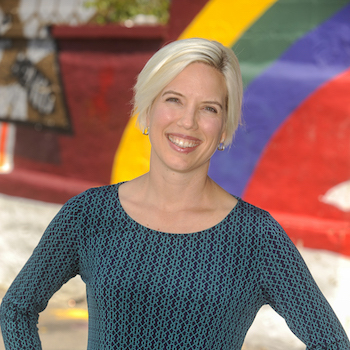You may have heard it from your boss, your board members, or your friends: your brand needs to be on a certain social media platform, or you’ll “miss out” on a major audience. Social media platforms can cause FOMO of the worst kind: fear of missing out on key customers if you don’t join. But before you rush out and join the next big platform, you need to consider your audience, strategy and goals, and your available resources.
Audience: Where are they, and how do they make decisions?
The most important question you need to be able to answer before deciding on social media use is: where is your audience? If you don’t know, take a big step back to define your audience. Know their demographics, but also how they get information, how they make purchase decisions, and how they are influenced.
Also consider how your audience shops for your product/service in particular. People shopping for a new home use online tools differently than those looking for a new pair of earrings. Social media interaction may be vital to connect with potential donors to a nonprofit but less important to people looking for a lawyer. Knowing how your audience wants to interact with your business is usually the most instructive way to select social platforms.
Strategy and Goals: What will you gain from being on this platform?
What is the goal of your social media usage? Are you trying to sell items, engage community, or establish your brand identity?
If your goal is sales, then you’ll want to be on platforms that show your products, information and pricing, such as Instagram. If you’re needing to establish your role in the community, look to Facebook for conversations. If you need to showcase your company’s CEO as an expert, consider writing blogs pushed out on LinkedIn and Twitter. Your end goal should drive your platform choice, and similarly, those goals should affect how you use each platform differently (and yes, you should have a different strategy for each platform).
Resources: Can you participate fully in how this platform is made to be used?
You can’t be everywhere at once—at least, unless you have the time and money. Do not open accounts on several platforms, only to let them go fallow. It’s better to not have an account on a certain platform than to have an outdated, incorrect, or poorly representative one.
There’s one possible exception: Almost every brand should be on Facebook, as Facebook has become a search engine favorite. Having a Facebook page adds another top-level result for someone who may search for your organization online. So, take the time to fully complete your Facebook page, and work to make quality updates at least twice each month. But if your audience is not on Facebook, don’t feel the need to put in more effort than that. Your presence matters more than your participation on this platform, as long as your page doesn’t become outdated, have incorrect information (such as your open hours), or doesn’t fill up with bad reviews. Do be sure to check it enough to respond to reviews and comments.
Only start a new social account if you can update it regularly—and “regularly” is different on all platforms. Facebook or LinkedIn could still look active with two updates per month, but Twitter needs near daily posts to be valuable. Snapchat requires constant updates and interaction, while Pinterest can be set up and then left alone for a while.
As stated earlier, you also need to develop different posts for every platform (and a post usually entails copy and an image). Do not copy a Facebook post onto Twitter. Yes, you can link to the same blog, but write different length posts and format links appropriately for each platform. Remember: different audiences are using the platforms in different ways, so to reach them, you need to adjust to their goals.
Your team at ALINE is here to help you sort through all your options on social media and determine how best to use your limited resources to reach your audiences. Give us a shout anytime you need to discuss your social media strategy.
Contact Us

 Claiborne Linvill
Claiborne Linvill